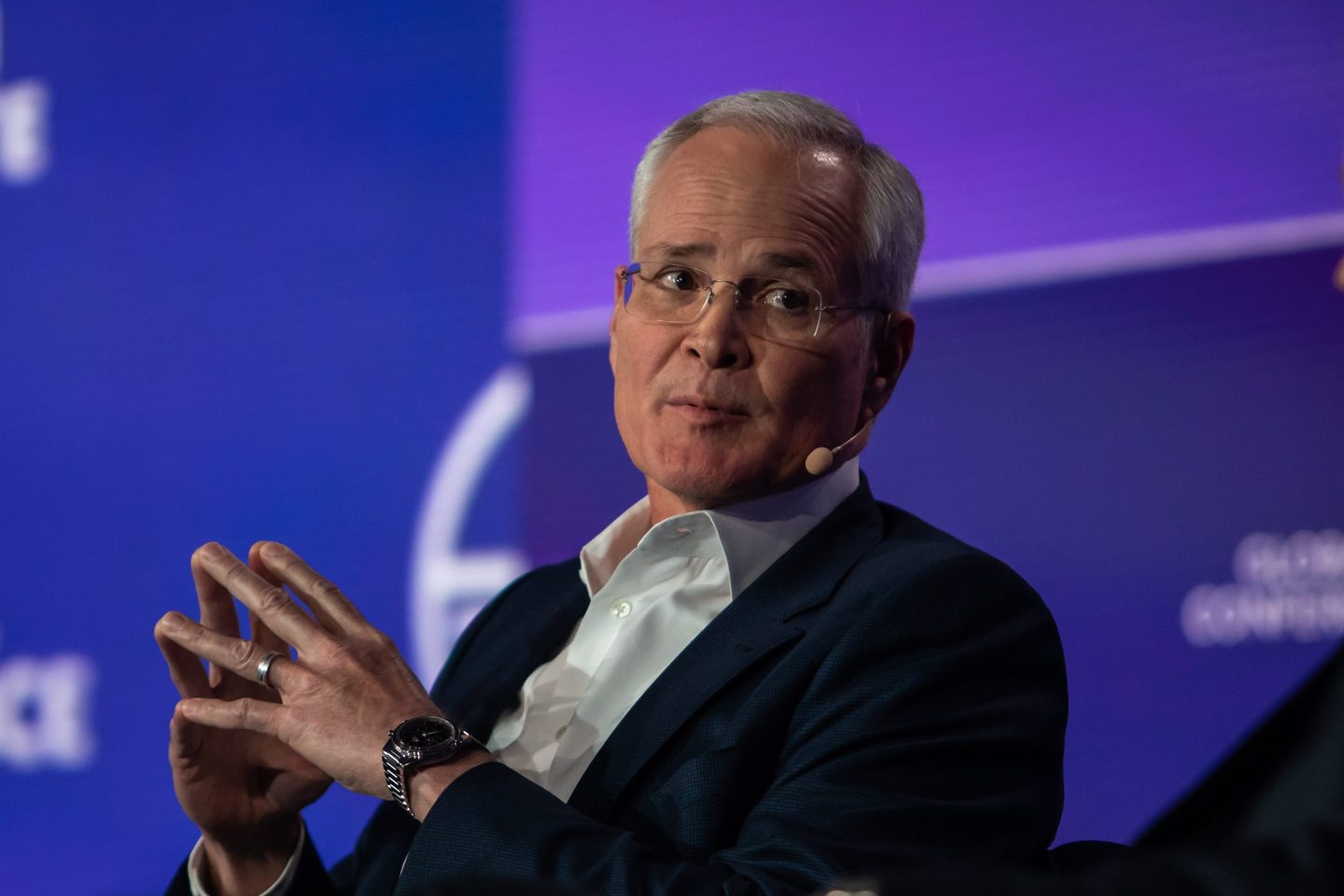Good morning!
Social Security is expected to run out by 2033, and household debts have reached record highs. So it’s no wonder young workers are more uncertain about their long-term financial stability than ever.
Thirty-one percent of Gen Z and 23% of millennial workers are worried they will not save enough for retirement, according to BlackRock’s 2023 Read on Retirement report. By comparison, 24% of Gen Xers and 20% of baby boomers report the same.
The upside? Younger workers’ concern over whether they’re on track to retire financially well-off has prompted them to pour more money into their 401(k) accounts than Gen Xers and boomers.
The downside? Money worries are affecting their mental health. Millennials were most likely to state that financial anxiety kept them up at night and made them depressed, followed by Gen Z, Gen X, and baby boomers, respectively, according to Northwestern Mutual’s 2023 Planning & Progress Study.
This stress poses a serious issue for employers. As my former colleague Amber Burton wrote recently, financial stress can negatively impact employee productivity. Employers can help young workers feel more financially stable by offering better investment advice and tools, coaching services, and financial literacy courses.
“What employers can do is help provide resources for [Gen Z] employees that help them start on the right path,” says Gregg Levinson, a senior consultant in human capital and benefits at Willis Towers Watson.
For example, in addition to 401(k) plans, employers can offer resources to help workers secure low-interest loans, select low-cost health insurance plans, pay off credit card debt, or secure low-rate mortgages. Some employers provide professionally-managed investments. “Employers are transitioning away from literally [saying], ‘Do it yourself’ to providing resources that align with how people access information, and what motivates them to take action and do it well,” says Levinson.
Sara Vipond, a contribution research consultant at Mercer specializing in financial wellness research, says financial coaching and education—digital or one-on-one—are among the most common benefits employers adopt “because they can meet their employees where they are.”
How these benefits are branded and promoted is also important. Employers can package all financial benefits together. For example, one might place 401(k) plans, health savings accounts, and monthly reimbursement benefits under one umbrella.
“So when an employee communication goes out with the financial health logo, color scheme, and voice, people instantly know what they’re reading is about them saving money,” says Nicole Bufanio, a senior change management communications consultant at Mercer, who works with U.S. and multinational employers on financial wellness education and communications around open enrollment.
For many employees, simply having a plan for their finances will make them feel less stressed, which is a win for the organization, says Levinson. “You’ve got a team helping you,” he says of workers. “And if it’s tied to your employer, you’ll typically have a better, more positive view of them and want to get back to your work.”
Paige McGlauflin
paige.mcglauflin@fortune.com
@paidion
Reporter's Notebook
The most compelling data, quotes, and insights from the field.
Generative A.I. could help workers with disabilities find and thrive in jobs. But digital technology is rarely built with full accessibility in mind, and current generative A.I. tools seem to be following that track, writes Laurie Henneborn, a managing director at Accenture Research who has multiple sclerosis.
Organizations can task staff responsible for designing A.I. products to keep inclusivity in mind and work with disabled employees to ensure their tools are truly accessible. Some accessibility requirements to consider include offering keyboard navigation or shortcuts, alternative text for visually impaired users, and voice-enabled interfaces.
Around the Table
A round-up of the most important HR headlines.
- Lyft and Uber may exit Minneapolis after its city council voted for a minimum wage for rideshare drivers. CNN
- Meta is doubling down on its return-to-office mandate and threatening employees with termination if they aren’t in person three days a week. Business Insider
- Activision Blizzard is the latest to face a complaint from America First Legal, the conservative think tank that’s previously gone after Kellogg, Starbucks, and McDonald's for diversity efforts in hiring programs. Reuters
- Goldman Sachs plans to hire several hundred new employees to address increased regulatory scrutiny and questioning from the Fed over the last year. Bloomberg
Watercooler
Everything you need to know from Fortune.
Breakroom apartments. New York City Mayor Eric Adams, tired of seeing office space sit empty as workers stay home, has announced plans to convert some of the city’s commercial real estate into housing. —Alena Botros
Loss up ahead. As the United Auto Workers Union prepares to vote on a possible strike, a new report concludes that just a 10-day strike could cost the industry $5.5 billion. Though negotiations are ongoing, Ford Motor has started training corporate employees to take over potentially vacant factory positions. —Paolo Confino
Cofounder sued. A former employee of hedge fund Woodlife Partner is suing cofounder Karl Kroeker for misogynistic comments that she says created a hostile work environment. According to the former executive administrator, Kroeker fired her for requesting postpartum depression accommodations and allegedly asked female employees sexually inappropriate hypotheticals. —Hema Parmar, Bloomberg
This is the web version of CHRO Daily, a newsletter focusing on helping HR executives navigate the needs of the workplace. Sign up to get it delivered free to your inbox.













